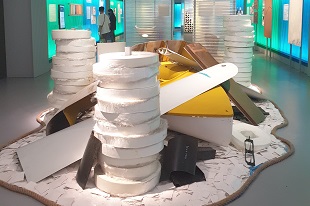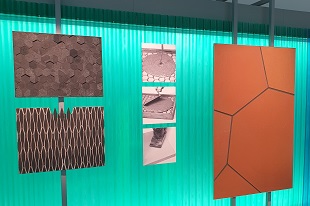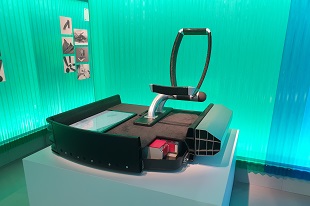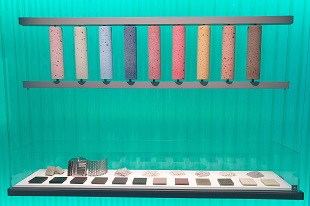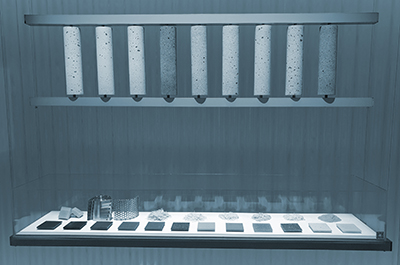
The Horizon 2020 FiberEUse (New circular economy solutions for the reuse of end-of-life fiber reinforced composites) project, coordinated by Mechanical Department of Politecnico di Milano, represents the reality of a sustainable transition to circular economy in composite materials, mainly based on glass fibers and carbon fibers reinforcements. Involving 21 partners from 7 European Countries, in 4 years the project aimed to demonstrate at large scale the feasibility of the implementation of new circular value-chains based on the reuse of end-of-life fiber reinforced composites.
These materials are widely used in several manufacturing sectors as wind energy, construction, automotive, transportation, sanitary, design and aerospace. Even if the usage of composite materials is constantly increasing, with a growth rate from 2% of glass fibers fibres reinforced plastics (GFRP) up to 10-12% for carbon fibres fibers reinforced plastics (CFRP), no robust and reliable solutions for the treatment of End-of-Life products are currently present on the market, leading to disposal in landfill. A transition to circular economy allows to transform this waste into a precious resource, reducing the environmental impact and, in the meanwhile, generating relevant economic benefits. Through the development and optimization of innovative processes along the entire value-chain, from disassembly (both of large infrastructures and small products), to mechanical and thermal recycling, resizing, design and codesign, reprocessing and reinsertion of materials, it is possible to obtain new circular products. To enable it, the exploitation of cross-sectorial approach is fundamental, in which materials recovered from an End-of-Life product is reinserted in a new product with lower mechanical characteristics with high-added value.
The final result of the project is represented by more than 15 demonstrators from 8 demo-cases in different sectors (automotive, construction, design, sanitary and sports equipment) based on remanufacturing and reuse of recycled materials from wind blades, aerospace components and industrial scraps, thanks to the development and optimization of innovative technologies and design of products, also implementing a cloud-based platform to enable the link among all the actors of the value-chain.
These demonstrators constituted the core of the installation at Milan Design Week 2021 from 4th to 11th of September. During this event, in the Superstudio Più space in via Tortona 27, the visitors were guided through a path with high visual impact, starting from a real amount of End-of-Life products, through recycled material to a collection of products and components showing the potential to apply a circular approach in this sector. Interacting with the surrounding environment, the visitors were able to touch with their hands design products, corrugated sheets for industrial roots (also used as walls creating high impacting light effects), furniture elements, skis, automotive components up to an innovative car platform for electric vehicles (including seats), always considering both functional and economical effect (really applying circular economy concept).

